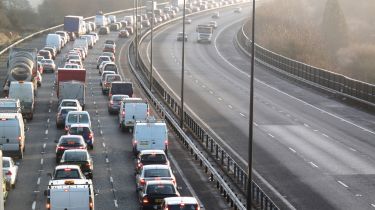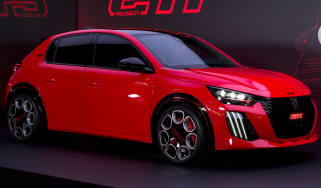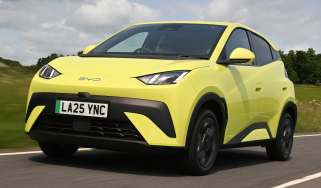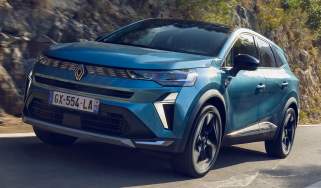2030 ban threatens automotive sales and jobs, industry told Government
Written submissions from Government consultation reveal automotive industry’s fears about the 2040 ban being brought forward

The 2030 ban on the sale of new conventionally powered petrol and diesel cars will impact car registrations and pose a risk to jobs, according to consultation submissions from the automotive sector.
When the Government was consulting on what is now official policy - bringing the ban on the sale of new petrol and diesel cars forward from 2040 to 2030 (2035 for some hybrids) - car manufacturers and industry bodies warned against the move.
The Society of Motor Manufacturers and Traders (SMMT) predicted that bringing the deadline forwards to 2030 would cause the number of new cars registered in 2025 to tumble from 2.3 million to just 800,000, while the predicted number of registrations for 2035 would decrease from over two million, to 1.2 million.
SMMT chief executive Mike Hawes told Auto Express his organisation’s submission was “submitted in June 2020, based on modelling developed by a well respected third party using data up to 2019”, adding the caveat that “Covid-19 significantly distorted the market in 2020 and, at the time of submission, its overall impact could not be predicted.”
He added: “Our concern is that until the cost and convenience of purchasing, running and charging an electric vehicle is as affordable and convenient as a conventional petrol or diesel one across all segments and for all types of drivers, some drivers will hold onto their trusted existing car, rather than upgrading to the latest lower-emission technology.”
The submissions, which were uncovered by The Guardian, also revealed manufacturers’ concerns. BMW told the Government there was “no scientific evidence to support such ambitious market uptake in the UK” with regard to a deadline of 2030 or even 2040. This argument was based on modelling of consumers’ EV demand, a spokesperson said.
Some submissions made the case that hybrids should be exempted from the earlier deadline - a seemingly successful argument in view of the five-year stay of execution for hybrids able to cover a “significant” (though yet to be determined) distance in zero-emission mode.
A Government spokesperson told The Guardian it was giving significant financial support to assist the automotive sector’s electrification drive, while Greg Archer, UK director of Transport and Environment, accused the car industry of scaremongering with “wholly pessimistic and unrealistic” forecasts.
Check out the best electric cars on sale here...
Find a car with the experts





